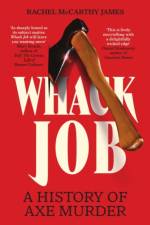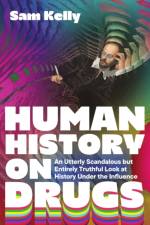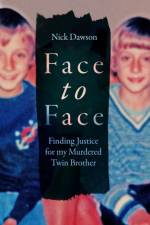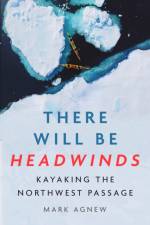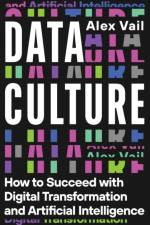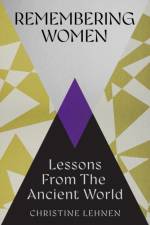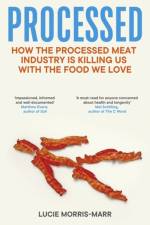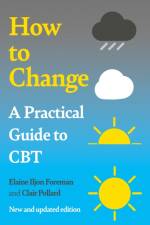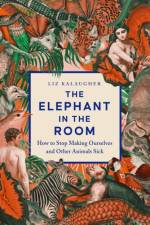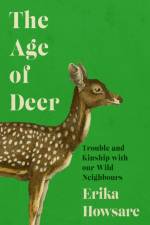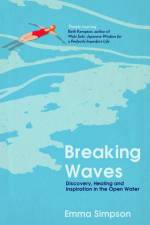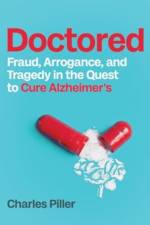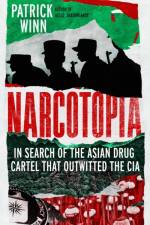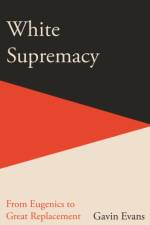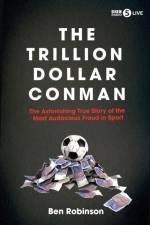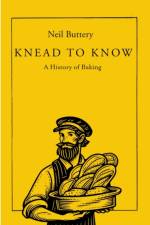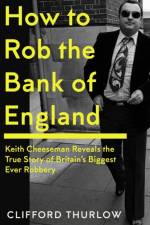av Ali Marie Watkins
275,-
Northern Ireland, 1975. Violence has erupted on the streets of Belfast. After years as a sleepy, guerilla army, the IRA is clashing with Loyalist gangs and heavily armed British soldiers. But the Troubles have spilled beyond the small island: An ocean away, in the heart of Philadelphia's Irish enclave, a teenage girl finds a letter in her mailbox. Inside is a bullet, and the message is clear: The next one is for you or your family. From New York Times reporter and Pulitzer finalist Ali Watkins, this true-crime saga is the long-buried story of how a group of Philadelphia gunrunners armed the IRA at the height of the Troubles. A ragtag band of carpenters, family men and fugitives, the Philadelphia Five, as they came to be known, banded together, bolstering the fight for a united Ireland but fuelling the Troubles at an untold cost. This small group of Irish nationalists smuggled hundreds of rifles, rocket launchers, explosives and armour-piercing bullets across the Atlantic Ocean and into Northern Ireland. Whether they were skimming money from innocuous-seeming charities, coolly slipping weapons into hidden compartments of vans and houses, or scouring local graveyards for the names of dead Irishmen to use on firearm forms, the gunrunners approached their mission -to unite Ireland under one flag, by any means necessary -with ruthless poise, even as investigators closed in, members of their own movement began to turn on them, and bodies stacked up on all sides. A gripping tale of crime, rebellion and the hazy line between them, The Next One Is for You is the definitive account of America's hand in the Troubles - a conflict whose resonance is still felt on both sides of the Atlantic today.

